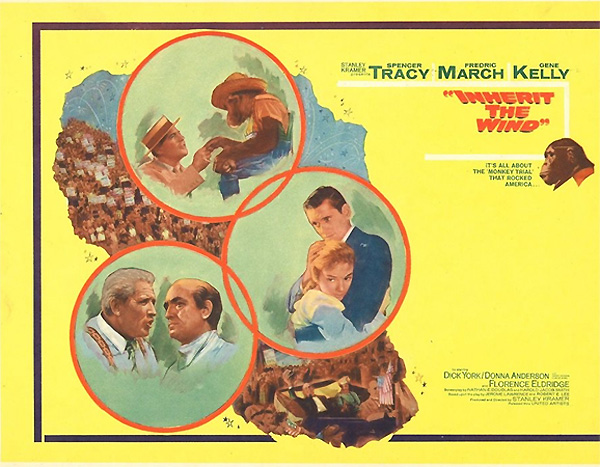

The plays of Tennessee Williams, including A Streetcar Named Desire and The Glass Menagerie, also use realist techniques (marking the actual speech-patterns of contemporary families, and dealing not with nobility but with “the common man”) to examine sexual desire, personal fulfillment, and the delusions many people take on in order to live their lives. Like Lawrence and Lee’s Inherit the Wind, Miller’s plays incorporate a great deal of contemporary speech patterns, and they dig deep into the mythos of American culture prominent during the 1950s-the idea that post-World War II American society was a purely positive, progressive place, one in which democracy, capitalism, and the nuclear family were the established and central social institutions.

Death of a Salesman, though without overt allegorical meaning, nevertheless dramatized Willy Loman, a traveling salesman, as his career and family life seem to fall apart.

The Crucible, which tells a fictionalized tale of sexual intrigue during the Salem Witch Trials, was read by many as an allegory of the McCarthy anti-communist hearings of the 1950s. Perhaps the most famous and influential of the midcentury American playwrights working in a tradition of “realist” theater indebted, ultimately, to the 19th-century works of Anton Chekhov, was Arthur Miller, whose two most famous plays, The Crucible and Death of a Salesman, might be read, in part, as commentaries on the nature of current American political and social events. These values are all brought out in Inherit the Wind, which seeks, ultimately, a compromise between religious belief, scientific knowledge, and the rights of communities and individuals to express themselves. These American ideals included: religious faith (often Christian) a positive, can-do spirit in business and in life and, occasionally in opposition to the just stated ideals, a belief in individualism, and the right to speak one’s mind. After the war, America was one of the two undisputed world political powers, with the Soviet Union being the other, and as a result, American society prized a set of cultural attitudes in perceived opposition to those of the USSR. Mencken filling the “parts” ascribed to Brady, Drummond, and Hornbeck- Inherit the Wind is a post-war play, and its concerns are those of Americans after the Second World War, which was the central political and social event of the 20th century. Although the Scopes Monkey Trial took place in 1925-and involved a debate over the teaching of science broadly similar to that outlined in the play, with William Jennings Bryant, Clarence Darrow, and H.


 0 kommentar(er)
0 kommentar(er)
